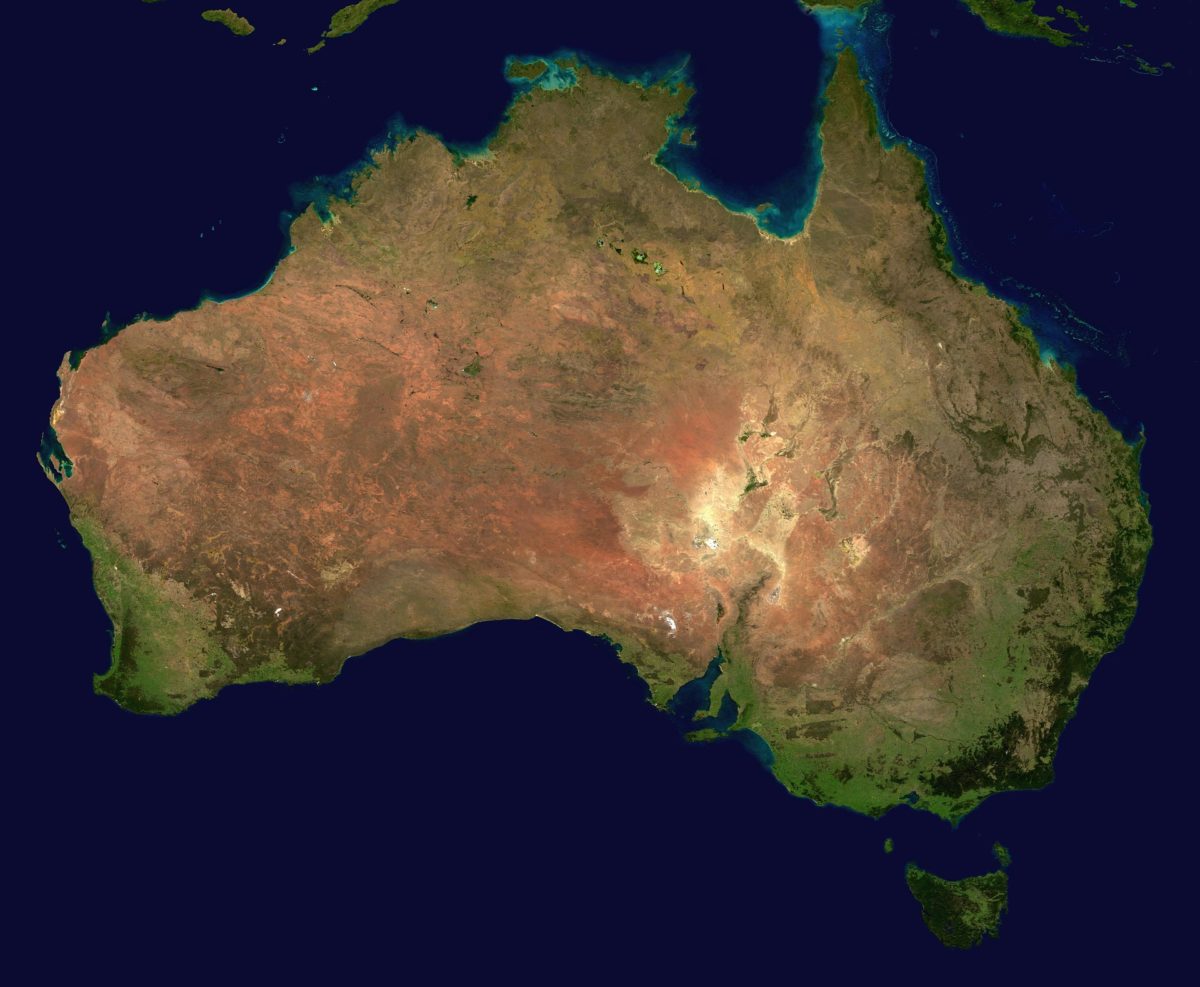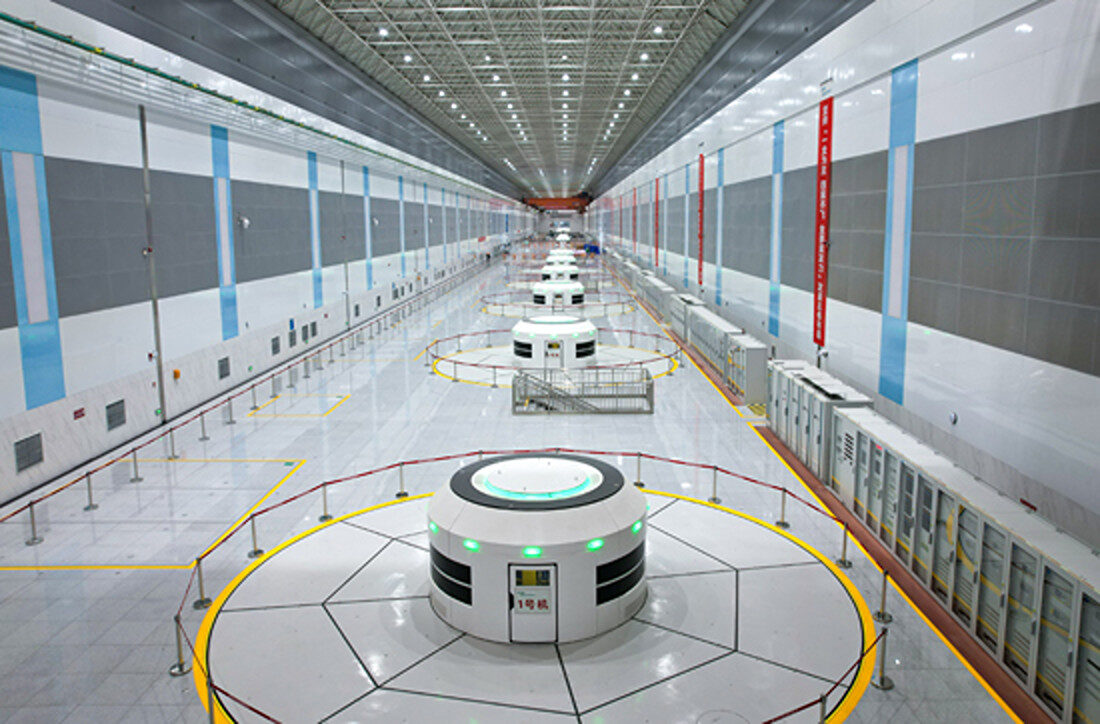From pv magazine Australia.
Perth-based infrastructure firm Infranomics and U.K. battery manufacturer Amte Power have signed a memorandum of understanding (MOU) to establish the viability of lithium-ion cell manufacturing in Western Australia (WA). Of course, such an eventuality would be a great boost for Australia’s energy storage sector.
Amte Power chief executive Kevin Brundish said that the partnership with Infranomics is an exciting step toward establishing “onshore, end-to-end battery manufacturing capabilities in Western Australia … Amte Power has developed the technology and tools to significantly reduce the time-to-market for lithium-ion cells.”
For that reason, the partners will team up at Lithium Valley, an industry initiative located in Kwinana which seeks to enable the development of secondary and tertiary processing of lithium and other critical raw materials such as cobalt, vanadium, graphite and rare earths.
Infranomics founder and director Cameron Edwards said Lithium Valley is the perfect location, as it gives the partners direct access to raw materials, expertise, energy and a workforce. The goal is to develop a battery facility that can “deliver a sustainable and ethical alternative supply chain for domestic and international customers.” Edwards predicts that the establishment of an advanced manufacturing facility in Lithium Valley will “create a minimum of 250 direct jobs, [add value] to the emerging local critical raw materials industry, develop a new manufacturing export market for Australia and support [the] growth of Amte Power throughout Europe.”
For Edwards, the partnership is a marriage between Amte’s manufacturing, intellectual property portfolio and world-leading battery expertise with WA’s blessed energy storage resources and industry. This combo, Edwards believes, “provides the opportunity for an international alternative supply chain which is competitive on price, quality, sustainability and reliability.”
Western Australia’s budding battery boost
It is no secret Western Australia has the potential to be the ‘Saudi Arabia of renewable energy'. WA has the solar, it has the wind and it has the resources. However, as Tesla’s recently announced purchase of a 10,000-acre lithium clay claim in Nevada demonstrates, the winners of the race to the energy transition are going to be those who have all their ducks in their value chain in a row.
Despite the masochism of the federal government’s “road to nowhere” Technology Investment Roadmap, it is clear that for Australia to develop the necessary scale and low-cost for energy storage and electric vehicles – let alone for it to become a renewable energy export power – it needs to take advantage of everything under its own roof.
Storage
This content is protected by copyright and may not be reused. If you want to cooperate with us and would like to reuse some of our content, please contact: editors@pv-magazine.com.




By submitting this form you agree to pv magazine using your data for the purposes of publishing your comment.
Your personal data will only be disclosed or otherwise transmitted to third parties for the purposes of spam filtering or if this is necessary for technical maintenance of the website. Any other transfer to third parties will not take place unless this is justified on the basis of applicable data protection regulations or if pv magazine is legally obliged to do so.
You may revoke this consent at any time with effect for the future, in which case your personal data will be deleted immediately. Otherwise, your data will be deleted if pv magazine has processed your request or the purpose of data storage is fulfilled.
Further information on data privacy can be found in our Data Protection Policy.